Director: Sammo Hung
Cast: Sammo Hung, Frankie Chan, Lau Hak Suen, Deannie Yip Tak Han, Didi Pang Sau Ha, Peter Chan Lung, Richard Ng Yiu Hon, Dick Wei, James Tien Chun, Paul Wong Kwan, Liu Wai Hung, Billy Chan Wui Ngai, Chan Chik Waai, Chan Dik Hak, Cheung Gwok Wa, Johnny Cheung Yiu Wah
Running Time: 102 min.
By HKFanatic
As a Sammo Hung fan, there comes a time when you’ve seen most of his US DVD catalog so you start looking for what’s left over. The little movies that you don’t hear much about, the ones that slip through the cracks. “Carry On Pickpocket” is one such flick. Sammo directed and starred in it but I doubt you’ll hear anybody claim it’s their favorite Sammo movie. Far from being bad, it’s just your run-of-the-mill 80’s Hong Kong comedy with a few action scenes sprinkled in.
Sammo Hung and Frankie Chan play two thieves who spend the entire film making pickpocketing look incredibly easy. They prowl Hong Kong’s streets and mall courts with Frankie’s girlfriend and her dad, swiping wallets and purses from unsuspecting victims. They consider it a matter of personal pride that they only steal cash – no ID cards or credits cards – but they always dump the wallet in a trashcan after fleeing the scene, so how in the hell are these people supposed to recover their belongings anyway? Someone else may very well take it once Sammo walks away!
Although Sammo tries to mine these scenes for laughs, most of the humor of “Carry On Pickpocket” comes from guest star Richard Ng, who plays a bumbling cop. He’s pretty damn terrible at his job and gave me a few chuckles, especially an early scene where he tries to drive his beat-up car to work in one piece. He really doesn’t add much to the story at all but it’s always nice to have a comedic talent like Richard Ng around, mugging it up for the camera when a scene calls for it.
“Carry On Pickpocket” is way more of a comedy than an action film, but there is action to be had. Fight scenes are brief but Sammo’s moves are fast and brutal, decimating opponents in a manner of seconds. There’s also a scene where Sammo gets down on the disco floor while wearing a ridiculous sweater with a giant Mickey Mouse face on it. Hey, it made me laugh – and Sammo can dance too!
As you can probably predict, the plot follows the typical bi-polar Hong Kong pattern of suddenly growing very dark during the last 15 minutes. Out of nowhere people are killed via bloody hatchet attacks and blown apart by shotguns. One poor bastard even gets stabbed through the penis, killing him instantly. Sammo has a fight with the always-intense Dick Wei, who gives Sammo a run for his money. It’s a good brawl but not the knock-down, drag-out kind of fight you probably want to see; certainly not as epic as Yuen Biao’s fight against Dick Wei in the underseen “Rosa.”
There’s not much to recommend about “Carry On Pickpocket” other than a few easy laughs and some good fights. Sammo followed this movie with “Project A” and it was proceeded by films like “Encounters of the Spooky Kind,” both of which have way more fans. Still, I’m sure there will come a time for your average kung fu enthusiast when they’ve seen every Sammo movie under the sun except this one. And at that point, “Carry On Pickpocket” should make for breezy entertainment on a Saturday afternoon.
HKFanatic’s Rating: 7/10











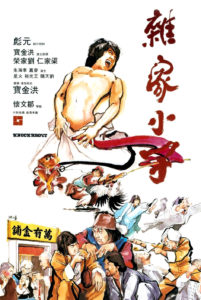



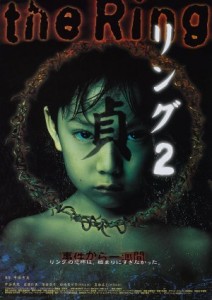
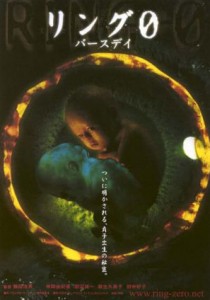
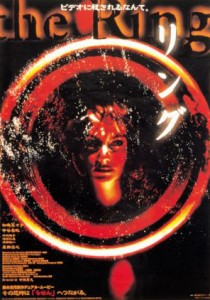
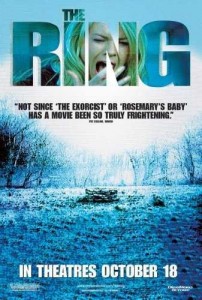




1 Comment